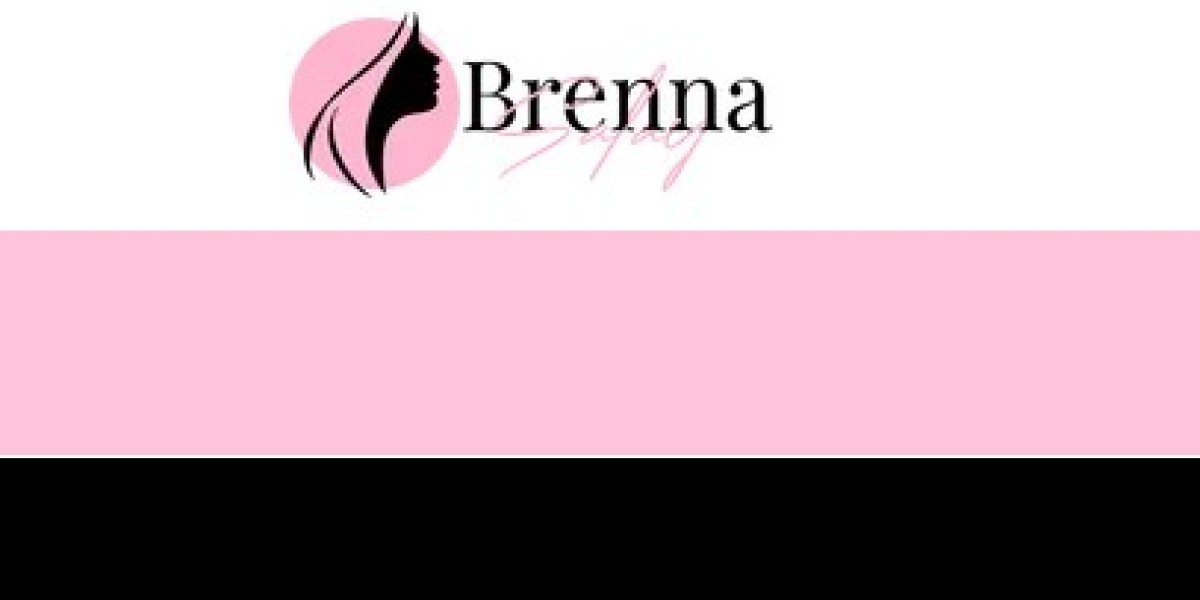The mobile health (mHealth) solutions market size is estimated to grow at a CAGR of 27.09% between 2022 and 2027. The market size is forecast to grow by USD 256.69 billion.
The mobile health (mHealth) solutions market was rapidly growing and evolving. mHealth refers to the use of mobile devices such as smartphones, tablets, and other wireless technology to support medical and public health practice. It encompasses a wide range of applications and services aimed at improving healthcare delivery, patient engagement, and health monitoring. Here are some key points about the mHealth solutions market:
· Market Growth: The mHealth solutions market was experiencing significant growth driven by the proliferation of smartphones and mobile apps, increasing healthcare costs, and the need for more efficient and accessible healthcare services.
· Key Segments: The mHealth market was divided into several key segments, including mobile apps for healthcare, wearables (such as fitness trackers and smartwatches), remote monitoring devices, telemedicine, and mobile health information systems.
· Applications: mHealth solutions were being used for a variety of applications, including chronic disease management, remote patient monitoring, medication adherence, fitness and wellness tracking, and telehealth consultations.
· Market Drivers: Several factors were driving the growth of the mHealth market, including the increasing prevalence of chronic diseases, the need to reduce healthcare costs, and the desire for more convenient and personalized healthcare services.
· Regulatory Landscape: The regulatory environment for mHealth solutions was evolving. In the United States, for example, the FDA had released guidelines for mobile medical apps, and other countries were also developing regulations to ensure the safety and effectiveness of mHealth products.
· Market Challenges: Challenges in the mHealth market included data security and privacy concerns, interoperability issues, and the need for standardization.
· Key Players: Many tech companies, healthcare organizations, and startups were entering the mHealth market, offering a wide range of solutions. Some key players included Apple, Google, Fitbit, and various healthcare providers.
· Global Adoption: The adoption of mHealth solutions varied by region, with developed countries typically having more advanced and widespread mHealth infrastructure. However, mHealth had significant potential to improve healthcare in developing regions by providing access to healthcare in remote areas and helping with disease surveillance.
Download a FREE sample report to get more insights on the market share of various regions and the contribution of the segments.
About Us
Technavio is a leading global technology research and advisory company. Their research and analysis focus on emerging market trends and provide actionable insights to help businesses identify market opportunities and develop effective strategies to optimize their market positions. With over 500 specialized analysts, Technavio’s report library consists of more than 17,000 reports and counting, covering 800 technologies, spanning 50 countries. Their client base consists of enterprises of all sizes, including more than 100 Fortune 500 companies. This growing client base relies on Technavio’s comprehensive coverage, extensive research, and actionable market insights to identify opportunities in existing and potential markets and assess their competitive positions within changing market scenarios.
Contact
Technavio Research
Jesse Maida
Media Marketing Executive
US: +1 844 364 1100
UK: +44 203 893 3200
Email: media@technavio.com
Website: www.technavio.com







